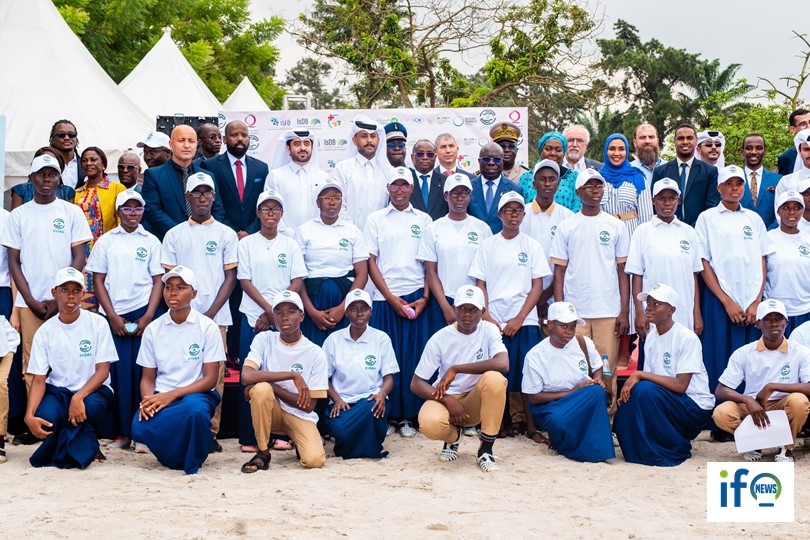
Côte d'Ivoire: IsDB and other charitable organisations finance the fight against visual impairments among schoolchildren
On 28 November 2024, the Lycée Moderne Yopougon Andokoi in Abidjan played host to a landmark event for children's visual health in Africa. The launch ceremony of the regional programme 'Eye Care for the Empowerment of Children in Africa’ (EYECA), organised in partnership with the National Eye Health Programme (PNSO), brought together key development players. This ambitious initiative, supported by organisations including the Islamic Development Bank (IsDB) and the Islamic Solidarity Fund for Development (a subsidiary of the IsDB group) as well as Qatar Charity, aims to tackle preventable eye health problems, particularly Uncorrected Refractive Errors (UREs), in order to give every child the opportunity to reach their full potential.
A barely visible scourge: visual impairment in Africa
In Côte d'Ivoire alone, almost 14% of the population suffers from visual impairments, a large proportion of which could be prevented or treated. These disabilities have significant repercussions, particularly among schoolchildren, where they directly affect their academic performance and well-being. According to Dr Nguessan Koffi, Minister for Technical and Vocational Training, representing the Minister for Health, Public Hygiene and Universal Health Insurance, visual deficiencies are particularly high among young girls, highlighting alarming social and economic disparities.
In response to this challenge, the EYECA project is mobilising USD 3 million in funding to strengthen
eye health systems in 13 African countries, including Burkina Faso, Chad,
Guinea and Côte d'Ivoire. By 2029, the aim is to reduce visual impairments among primary and secondary school students
by 25% and to improve access to appropriate eye care in the most vulnerable
areas. The initiative is financially supported by several organisations,
including the Islamic Development Bank,
the Islamic Solidarity Fund for Development, Qatar Charity, the Arab Bank for
Economic Development in Africa, Direct Aid, the Indonesian Agency for
International Development and Secours Islamique France.
The Ambitions of the EYECA Programme
The EYECA (Eye Care for African Children) project is a continuum of the
second generation of the Alliance to
Fight Avoidable Blindness (AFAB-II). It focuses on four major areas:
1. Capacity building: Training teachers to detect visual disorders at an early stage.
2. Improving detection systems: Deploying mobile clinics to cover remote areas.
3. Access to medical care: Provision of corrective glasses to 320,000 pupils and 37,000 teachers,
treatment for 76,000 children, and 4,000 surgical operations.
4. Awareness-raising: Community campaigns to promote regular eye check-ups.
During the pilot phases, carried out in countries such as Niger and
Togo, it was revealed that 3 to 4% of
children require eye care, according to Mr Naciri, AFAB II Project Coordinator. However, economic, social
and cultural barriers still prevent many of them from accessing these services.
Major Local and International Mobilisation
The presence of several prominent personalities and committed partners
graced the project's launch. Mrs May Ali
Babiker, Director of Cooperation and Capacity Development at the Islamic
Development Bank, hailed it as a “historic” moment, underlining the
importance of this programme for social and economic inclusion in Africa. She
also called for this spirit of solidarity between partner organisations to be
perpetuated.
Meanwhile, Mr Yousef Bin Ahmed, representing Qatar Charity, highlighted the “impact of sharing” and invited all those involved to consider this initiative as an investment in the future of African children. He noted that Qatar Charity, through its participation in this project, aims to ensure that “every child reaches their full potential”.
Mr Khalid Ahmed, representing the Islamic Solidarity Fund for
Development, stressed that this initiative :
… is about empowering future generations. By restoring sight, we are not
only restoring vision — we are restoring hope, dignity, and the opportunity for
young people to contribute to the development of their societies.
Prof. Yéo, representing the Minister of Education, called for universal access to eye care for students, saying that this
would directly contribute to improving their academic performance.
Following the official distribution of the eyeglasses to the beneficiary
students, Miss Kouakou Emmanuella, a
senior school student and representative of the beneficiaries, expressed
her deep gratitude to all the stakeholders. She lauded this far-reaching act of
solidarity, stressing that the glasses would help them overcome a significant
obstacle to their educational pursuit while pledging this precious tool's
responsible and judicious use.
The AFAB-II initiative is already yielding results
As part of the implementation of this programme, interventions by the
Ministry of Health, Public Hygiene and Universal Health Insurance through the
PNSO have made it possible to:
- Offer consultations to more than 53,000
adults during the various campaigns and to more than 250,000 children,
including 34,000 in schools;
- Carry out 9,000 cataract surgeries;
- Distribute more than 3,000 pairs of
eyeglasses to school-age children with severe ametropia;
- To receive 05 (five) study grants to
strengthen the capacity of 03 (three) ophthalmologists in the treatment of
diabetic retinopathy and glaucoma in Pakistan and 02 (two) biotechnicians in
the maintenance of ophthalmological equipment in India.
Challenges and Prospects
Over and above its numerical targets, this initiative aims to empower
future generations by giving them the tools they need to succeed. However, many
challenges remain, mainly the high cost of eye screening and treatment. To
maximise the impact of this laudable initiative, Dr Nguessan Koffi has called
for the creation of a fund dedicated to visual health and for closer
collaboration between local and international partners.
With such vast ambitions and strong mobilisation, the EYECA programme
promises to be an essential catalyst for transforming the lives of millions of
children in Africa, giving them a chance to contribute fully to the development
of their societies.
IFMAG

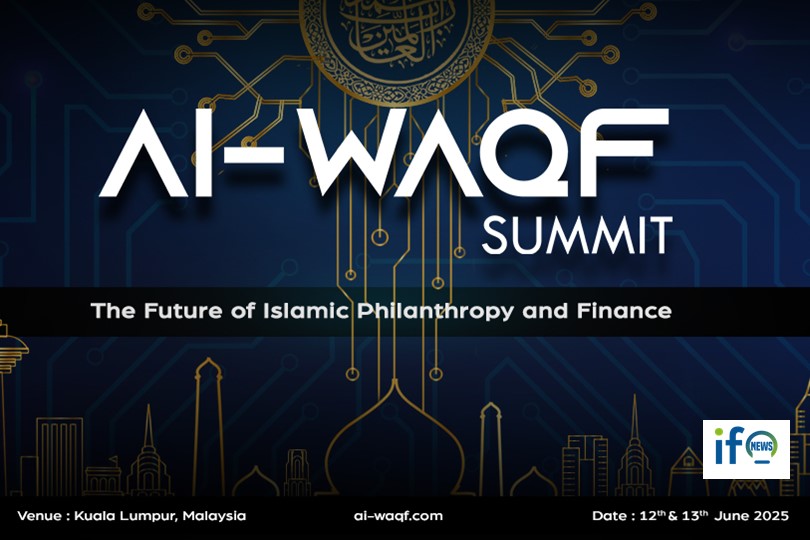
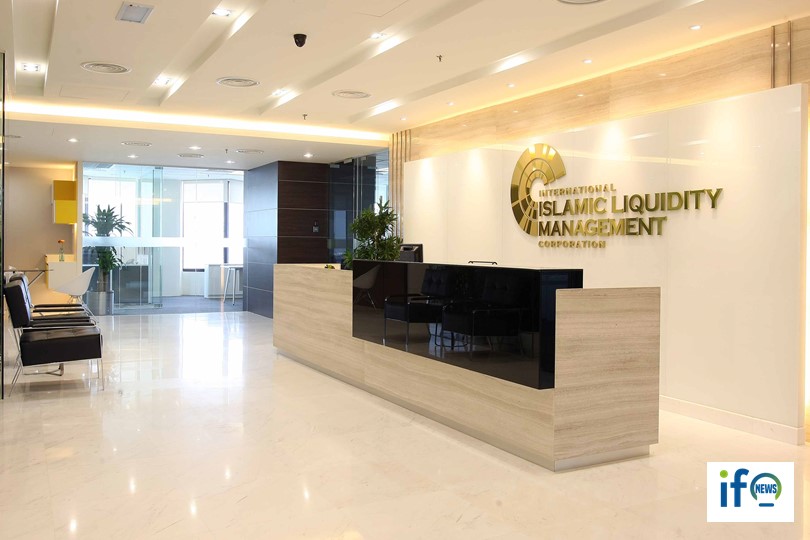
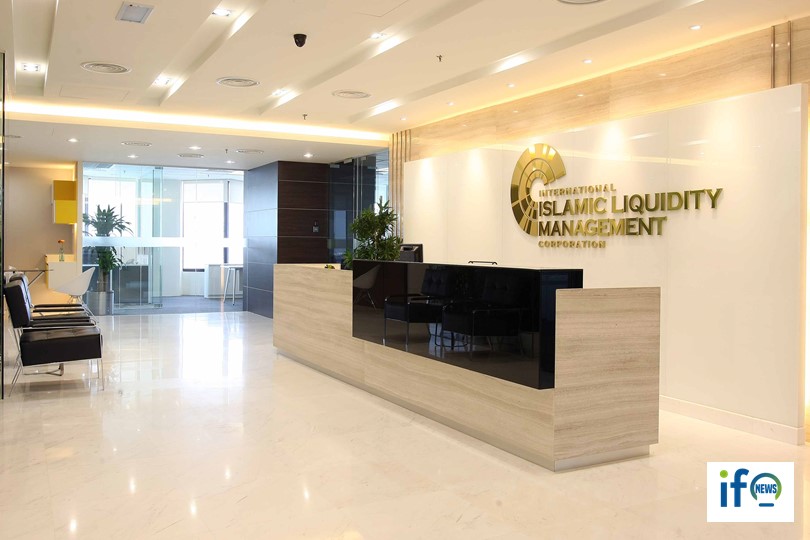
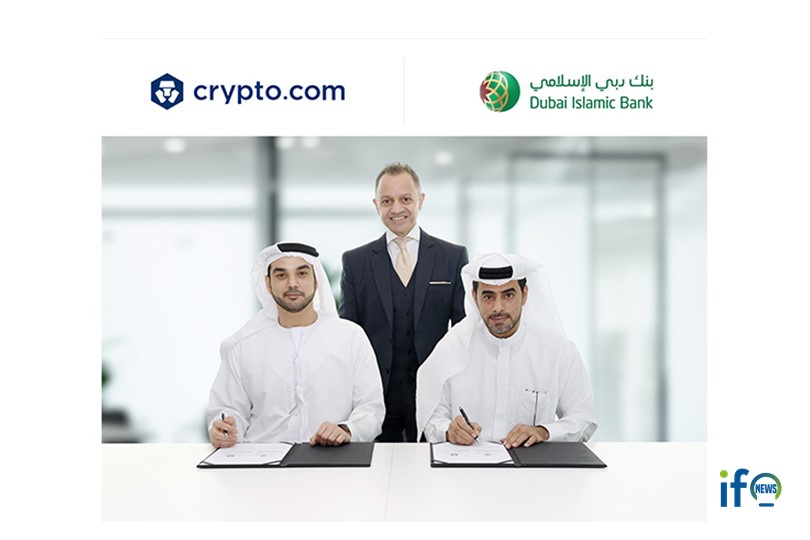
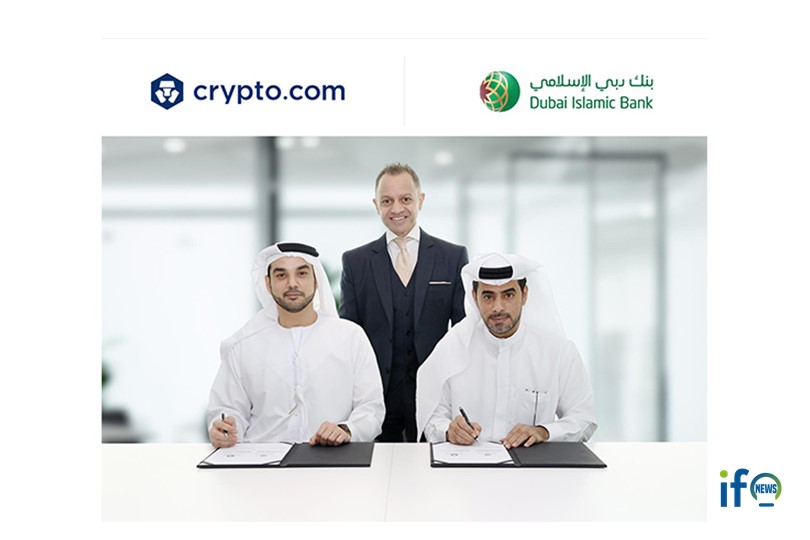
Aucun commentaire pour cet event,
Soyez le premier à commenter